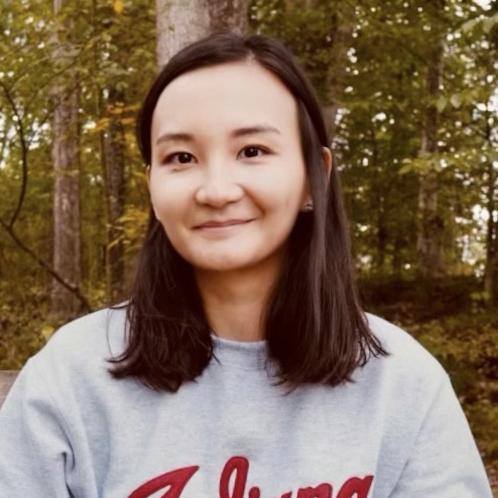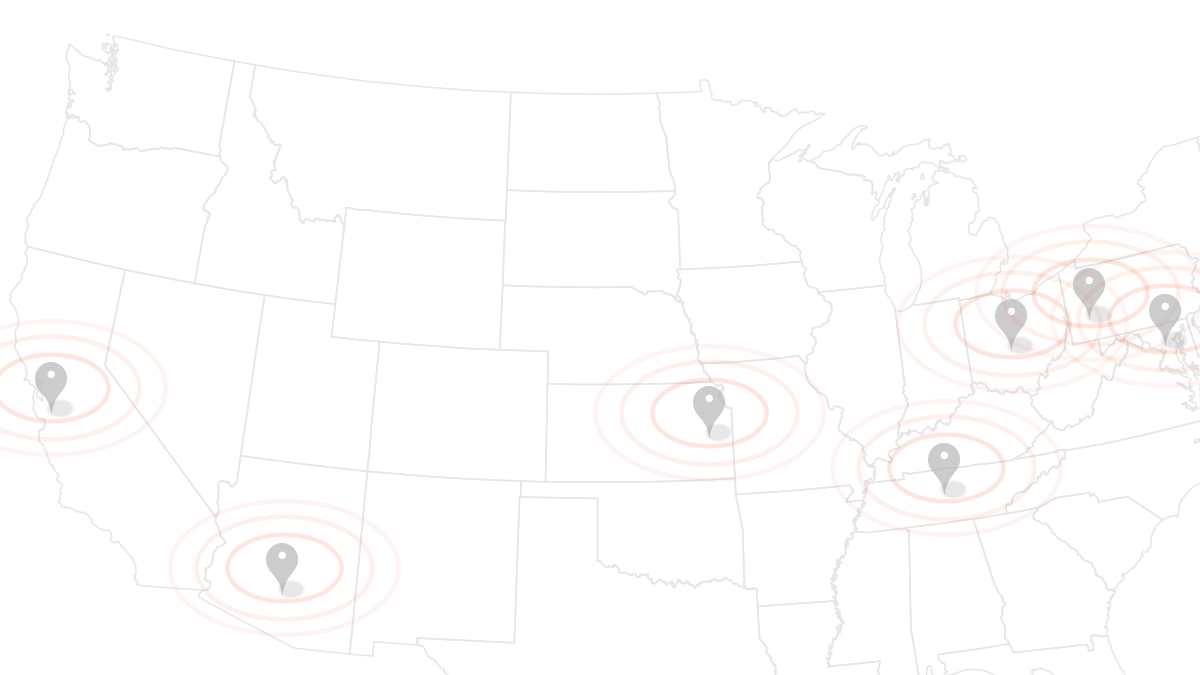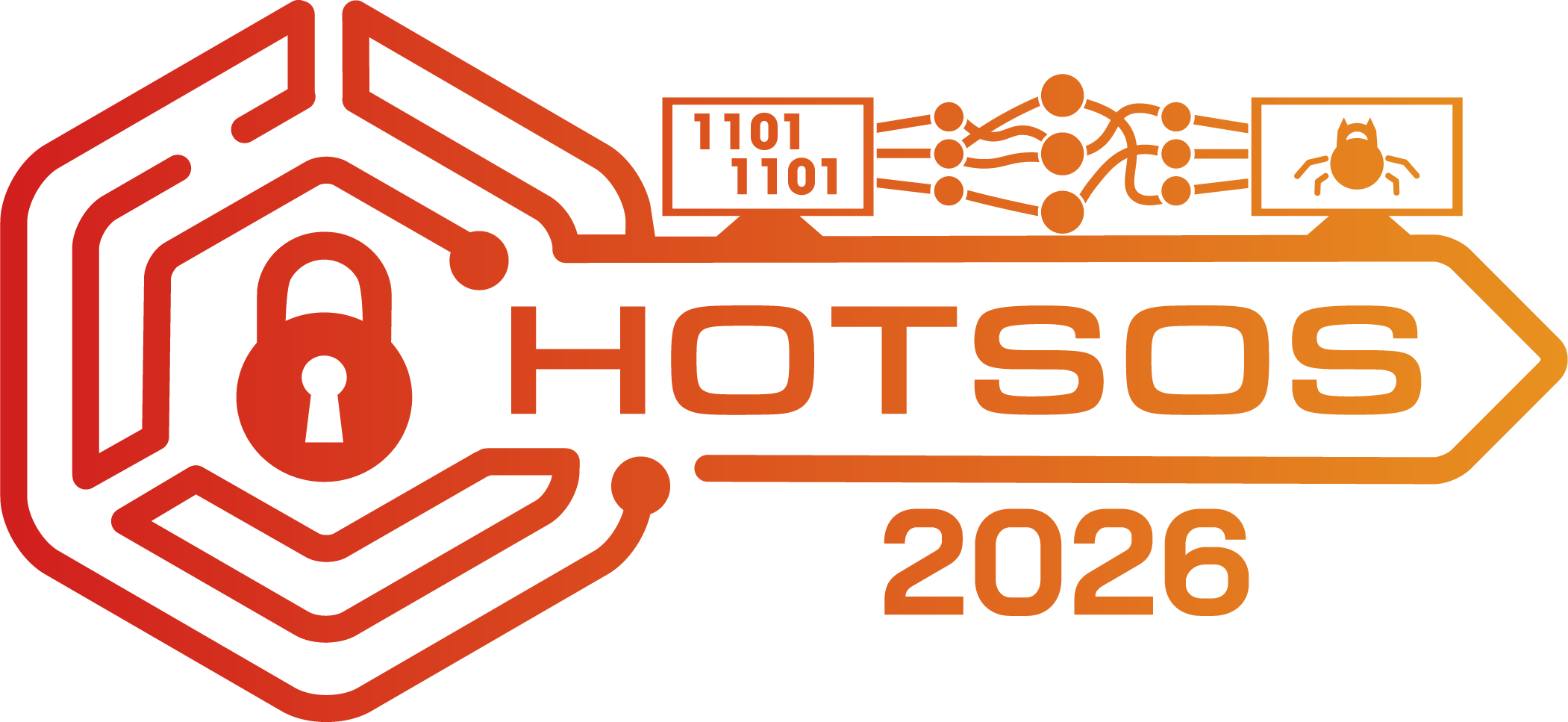Building and Testing a Network of Social Trust in an Underground Forum: Robust Connections and Overlapping Criminal Domains
|
ABSTRACT Underground markets support e-crime by providing a place where merchants and buyers trade assets for a price utilizing various digital currencies, payment providers, and wallets. The anonymity of these marketplaces and incentives to avoid penalties for criminal activity create significant challenges in studying trust in these ecosystems. Underground forums are clearinghouses where deals can be arranged, and services can be identified as vendors and customers engage. Such forums may be open and do not clear transactions, nonetheless still offer opportunities for entry, entrepreneurship, and customer or product discovery, serving as critical intermediaries for the marketplaces and enabling new entrants to establish trust and actors in one market to reach out to another.The empirical evaluation of interactions in such forums illuminates how collaborative networks form, interact, socialize, and exchange knowledge. To contribute to understanding online crime, we offer an empirical analysis of an underground forum. Specifically, we examine interactions in the social network as a whole and those components of the network that support three major types of crime: traditional crimes that occur away from keyboards, transitional crimes that have both offline and online instantiations, and entirely online new crimes. We compare and contrast the network structure of these three types and document the interactions between their social networks. The results suggest that although communities follow the small world effect, identifying and removing highly connected moderators or prolific contributors will not harm any of these three communities or the network, unless a significant portion of the network is removed. By further observing the structural patterns, we find that transitional crime actors tend to cluster more compared to the other two crimes while having the highest density. |

Dalyapraz Manatova, a Ph.D. candidate at Indiana University, focuses on the organizational and social dynamics of cybercriminals and outlawed communities. Dalya is also an Ostrom Fellow, who published and presented research on e-crime forums, cybercriminal groups, and vulnerability management tools at various conferences, including M3AAWG, IEEE European Symposium on Security and Privacy, APWG eCrime Symposium and PEARC.

